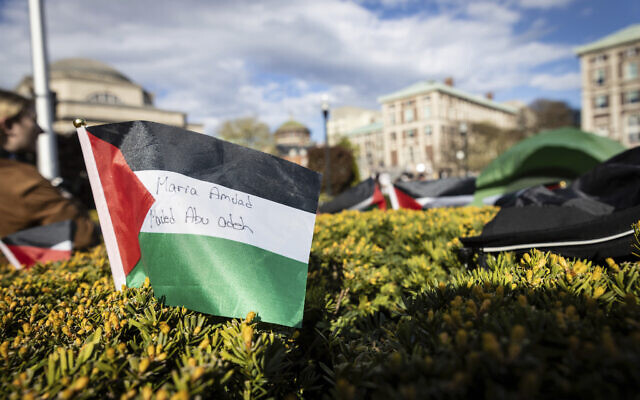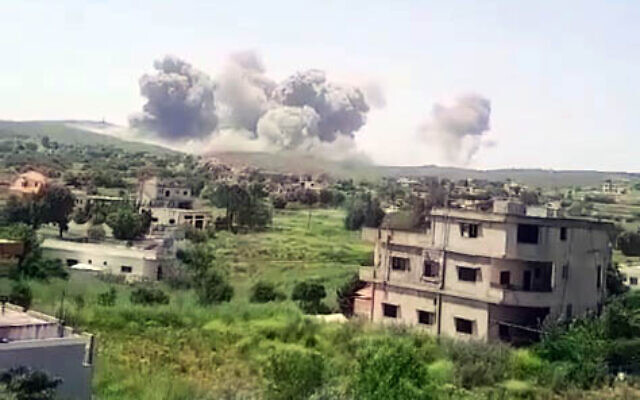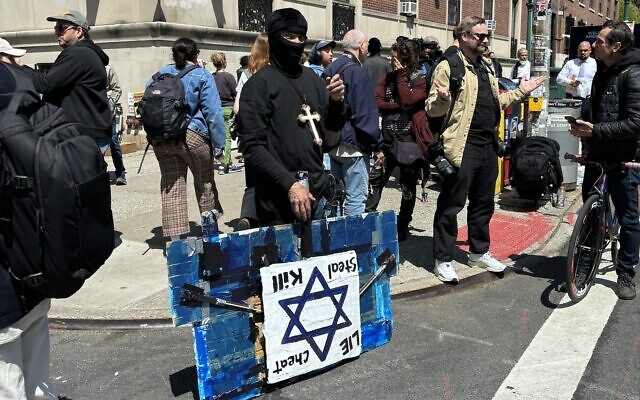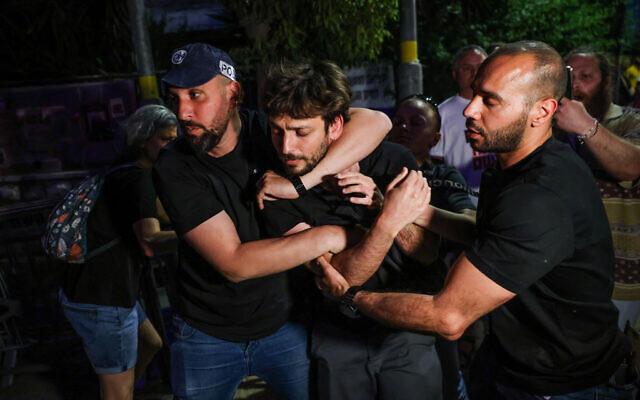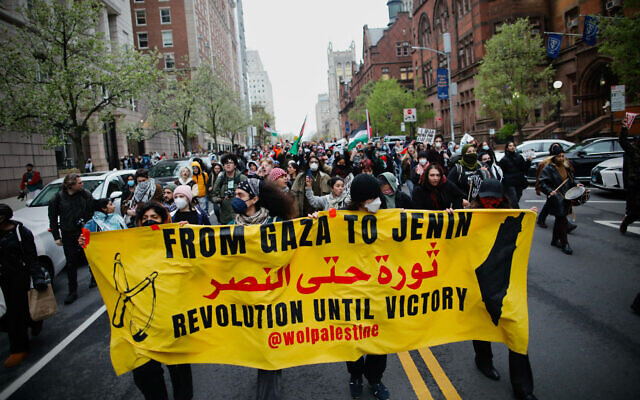Top EU human rights court upholds bans on halal, kosher slaughter in Belgium
Cnaan Lidor is The Times of Israel's Jewish World reporter
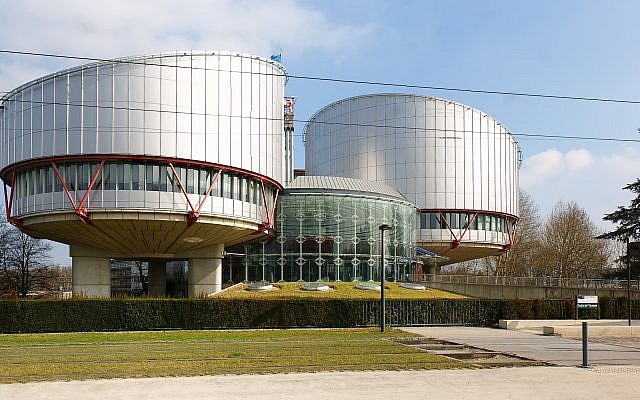
The bans in Belgium on the slaughter of animals without stunning neither interfere with freedom of religion nor constitute discrimination, the European Court of Human Rights rules.
The ruling Tuesday by the tribunal in Strasbourg, France, is on a petition filed by Muslim groups against the bans introduced in 2019 in two out of three Belgian regions. The ruling is final as the Strasbourg court is the highest instance with jurisdiction to review the bans.
Jewish and Muslim groups in Belgium oppose the bans, which they view as an unreasonable infringement on religious freedoms. The bans cite the widespread view that slaughter without stunning is cruel to animals. Advocates of Jewish slaughter, or shechita, argue that when performed correctly, that technique does not result in excessive suffering for animals. Defenders of the Muslim variant, d’biha, argue the same.
Many observant Jews and Muslims do not consume meat that isn’t kosher or halal, respectively. For meat to be labeled as such, the animals from which it is produced must be healthy and conscious when their necks are cut.
Multiple countries in the European Union and beyond have laws limiting or outlawing slaughter without stunning.
“The implied determination of the distorted verdict is that the rights of these citizens to freedom of religion and worship are even less than that of animals,” says Rabbi Menachem Margolin, chairman of the Brussels-based European Jewish Association.
He warns that the restrictions on Jews practicing their faith, as he defines them, will lead to “serious damage to the fabric of life throughout the continent.”
Rabbi Pinchas Goldschmidt, President of the Conference of European Rabbis, calls the ruling “a black day for Europe,” adding that “the Jewish and Muslim communities of Europe will continue to fight for religious freedoms and equality,” but “that task is now made all the harder.




